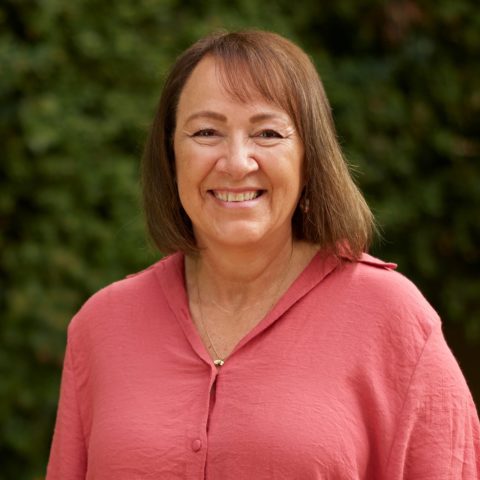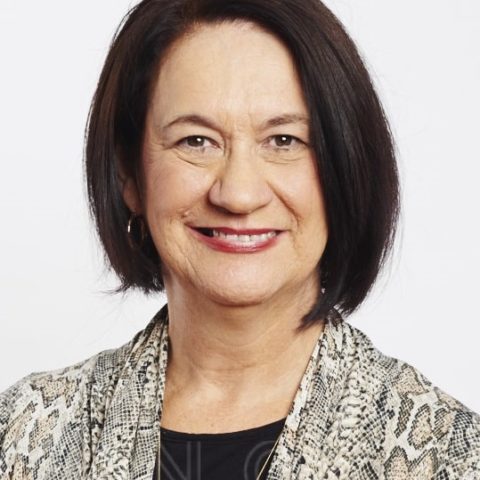The Importance Of Language
UK Charity Macmillan Cancer Support conducted a poll of 2,000 people who have or had cancer, asking for their thoughts on the language used to describe their cancer experience.
‘Fighter’, ‘warrior’, ‘hero’ and other words relating back to ‘war’ or ‘battles’ were a selection of words seen as inappropriate rather than uplifting. The poll’s respondents said they preferred factual words to describe people with cancer, their diagnosis, and when someone with the illness dies.
After opening this conversation on Breast Cancer Trials social media, we heard similar responses discussing distaste for words like ‘journey’. However, others disagreed showing how divisive this language can be.
Here are some of the comments that people made on social media:
“There is a culture of acceptance for negative language that would be out of context for most other health conditions and I wonder if this contributes to psychological negative effects (such as staying in or returning to/ being reminded of a state of trauma or distress). The language shocked me- words like battle, fight etc… Survivor…Just can’t relate to that label.”
“I feel that in my experience using this language is a barrier to really discussing how a person with cancer is really feeling and fearing. I have had attempts at conversation with loved ones basically shut down when all I needed was someone to listen to me not say ‘be strong and you’ll be fine.’ We all have different experience with this.”
“When I was diagnosed with breast cancer. I hated the word POSITIVE. Regardless of what people say, I like the word journey.”
The Breast Cancer Trials Consumer Advisory Panel (CAP) regularly discusses the language used in patient information for breast cancer treatment and care, to help ensure a consumer perspective is provided from the very early planning stages of clinical trials.
Listen to the podcast
Former Consumer Advisory Panel (CAP) Chair Leonie Young, and current CAP Chair Leslie Gilham, speak about what words and phrases they liked and disliked being used about their breast cancer experience – explaining in their own words why language choices are so important.
Current CAP Chair, Leslie Gilham said although people are often well intentioned, sometimes language can negatively affect a woman going through treatment.
“It’s a bit like when you’re pregnant. Everyone knows someone who’s had cancer, and everyone wants to tell you what happened to their friend, or their family member and that sort of thing. So, it’s about surrounding yourself with the right people and, that peer support, because they get where you are, and they get where you’re going. So, it makes it easier to deal with it.”
Support Us
Help us to change lives through breast cancer clinical trials research

Leslie Gilham




